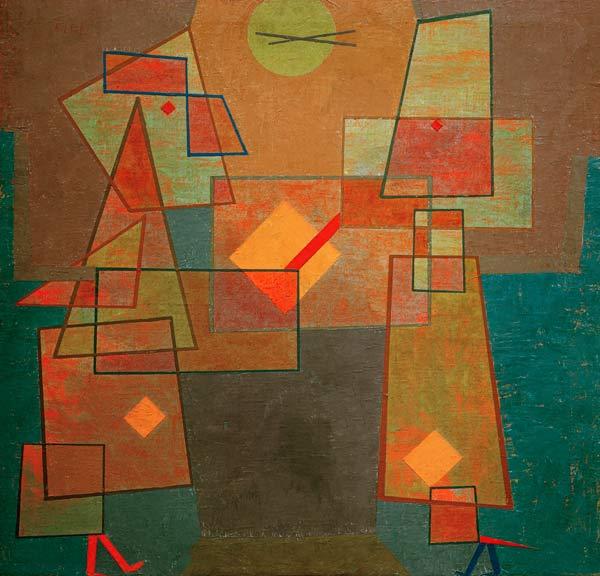Research
|
My research in ancient philosophy and science concerns the relationship between deduction and the way in which deductions were pursed in a variety of contexts: pedagogical (in “gymnastic dialectic” as portrayed in Aristotle’s Topics), zetetic (as in research conversations mentioned in Topics VIII.4-6 and well exemplified in Plato’s Theaetetus), elenctic or refutational (in ancient eristic), and mathematical (as in the proofs we find in Euclid’s Elements, and which are given a theoretical treatment in Aristotle’s Posterior Analytics). I am working on a book on Aristotle’s theory of dialectic which seeks to explore how that theory concerns each of these domains. A main claim of the book is that deduction is theorized in the core books of the Topics (Top. II–VI) as a method of making logical sums – deduction in the most pre-theoretical sense. The topoi of Aristotle’s Topics II–VI serve this purpose by articulating the truth conditions for statements featuring the relevant type of predicate (or “predicable”). These truth conditions are derived from rules for division, but with an interesting tendency that one finds increasingly throughout the Topics: that the theory of predication increasingly leads to a critical reflection on procedures of division. I argue that we can understand in this way how an approach to semantic issues, i.e. issues concerned with the truth conditions for statements in dialectic, came to make Aristotle critical of the method par excellence for definition and deduction in the Early Academy, namely division.
|

